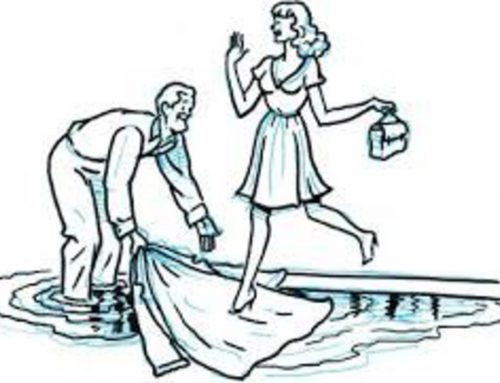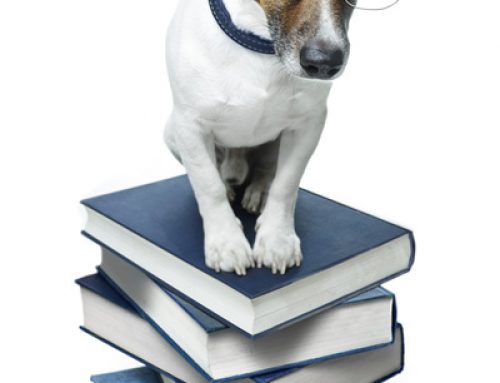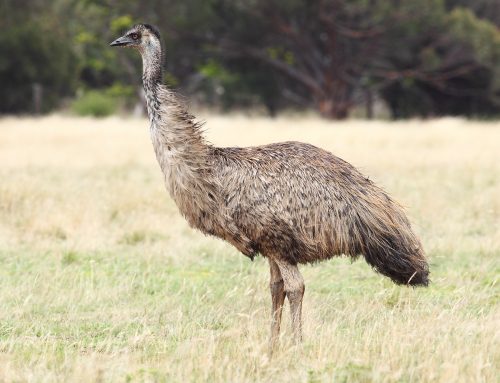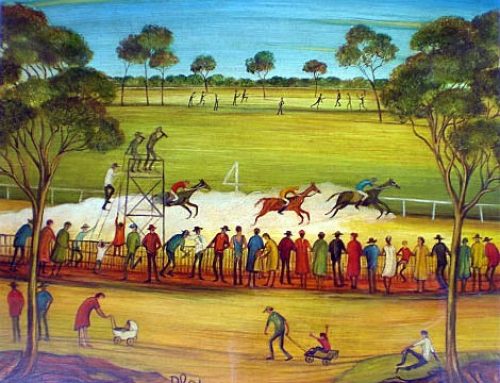If you haven’t heard of Peter Yeldham, read one of his wonderful novels or watched one of his adaptations for television, then I can only say you are really missing something. Yes, I’m a die-hard fan and proud of it! His latest novel is Glory, a brief synopsis of which is provided following the Q & A. Enjoy.
Thank you, Nicole, for the invitation to contribute to your site. If I can preface this by explaining Ive always earned my living as a writer. I began at seventeen, trying to write short stories and radio scripts. At twenty I was established as a radio writer. When television arrived I went to live in England, and wrote television, feature films and stage plays.
After 19 years I returned to Australia, and wrote a great deal of television, much of it mini-series for the ABC, and then began to write novels. To answer your first question:
What are the main differences between writing a novel and a film script. And which do you prefer?
I prefer novels. More depth to characters, more freedom to express personal beliefs. And not being commissioned gives me independence to write whatever I want, from the way German vineyard owners were victimised in World War 1, to a love story between pilots trying to break long distance records in the nineteen twenties. Or two boys growing up in 1840 Sydney, when the colony almost split with England when they tried to reintroduce convict transportation. My film scripts invariably began with a producer commissioning me to write the screenplay, but novels were entirely different. All eleven books began in my own time with my own idea, so I didnt have to consult or refer to anyone until the book was finished. But lets look at the procedures involved in film scripts. Most producers acquire rights to successful plays or novels, and while there is the comfort of up-front payments to the screenwriter, these commissions come with constraints. You are often following instructions from the producer on how he wants the script written. Or you may find the budget imposes location limits: scenes are shot on the back lot instead of in India or Vietnam. And the cast you hoped for is not quite what you get: Cate Blanchett is busy and you end up with Miss Z. As for directors, theycan be cooperative and a pleasure to work with, but some are dictatorial and straight from hell.
On top of all that, theres a saying in films: The writer is the most important figure in the process until he delivers the script. After that hes the least important.
Thats a bunch of negatives. On the positive side, there is a great feeling of excitement when working on worthwhile projects with good people. Ive been fortunate enough to work with first rate producers in Australia like Anthony Buckley, and fine directors here, as well as some of the best in England. A collaboration with a good director and producer can rule out all the negatives Ive mentioned. BUT . . .Most producers prefer to rely on published material as a source. I prefer to write original scripts; however in the business of earning a living Ive had to adapt many books into films and mini-series. A majority of the feature films I wrote derive from novels including The Liquidator, The Long Duel and Age of Consent, while for television there was even more: 1915, The Timeless Land, All the Rivers Run, The Far Country, Golden Soak, The Battlers, Ride on Stranger, The Heroes, Naked under Capricorn, Jessica . . and most difficult of all, two of my early novels Reprisal and Without Warning, which I adapted as films for the Nine Network.
Books can hardly ever be transferred entirely to the screen. There is so much more content in a novel, that adaptation is often a matter of careful reduction. Scenes have to be omitted or modified, characters curtailed. Adapting is, in one sense, the art of being ruthless. Cutting sections of a book, to make it fit the screen. But when it came to being ruthless about my own novels, what then? I had to cut out scenes and characters I particularly liked. The people I most enjoyed writing aboutthe ones that made the novel a pleasure to work on the Network Nine executives insisted they did not drive the narrative. Many favourite moments had to be eliminated. It became an exercise in self-flagellation. Whereas with novels I dont have to work with TV executives, film producers, directors or the host of executive producers attached to most films these days, who are often simply people who raise they money, but in the process feel they have become experts on scripts. With books its just an editor and a publisher.
Out of your own work which is your favourite novel and why?
Im inclined to say my favourite is the book Ive just finished writing. But difficult choice though it is, it would have to be A Bitter Harvest. It came after I had written three thrillers for Pan Macmillan, and because Without Warning had been a runner up in the Ned Kelly awards I was being labelled as a genre writer. Pan Mac werent very pleased when I delivered a blend of history and fiction, after being in the Barossa Valley to research the way the German families were treated during World War 1. But they read it and liked it, and Madonna Duffy was my editor, which was a good experience. The book was published several times by Pan Macmillan and later republished by Penguin.
If you werent a writer, what else would you be doing?
In my dreams Id like to be a professional golfer. My father, who was against me being a writer, tried to persuade me to work for a bank. Well, the bank wouldve fired me years ago whereas Im still writing!
What do you draw inspiration from when writing?
I often write about emigrants and injustice. Theres a lot of both about in our society today, and I used it strongly in A Distant Shore, as I did in A Bitter Harvest. I used the background of the influx of migrants in the 1945-1950 period for another book Against The Tide, and part of the dedication wasTo the waves of immigrants who made the long journey against the tide, bringing us new visions, this story is dedicated. It sums up a lot of what I feel. Australia felt transformed when I returned after 20 years in England.
Who are your favourite authors and why?
David Lodge – Mundane titles conceal wonderful stories about university professors and their amusingly lecherous lives.
Alan Furst – Who writes about spies and espionage like no-one else today, creating what it was like in Warsaw and Paris and other parts of Europe in those dark days when Hitler ruled.
Jon Cleary – Who was a friend, and lived to write dozens of fine books in those years when it was hard graft to earn a living by writing. He not only did so, but produced our most likable cop, Inspector Scobie Malone.
Robert Harris – His versatility. For Fatherland, Enigma, Archangel and The Ghost.
With the recent upheaval in the industry and increase in e books, where do you see the physical book in ten years time?
I sincerely hope books will survive as they have for centuries. Not just because I write them, but I love browsing in bookshops and libraries. I have a small room in my home converted into a library with wall to wall books. I cant imagine 84 Charing Cross Road ever being written with such passion about e-books. Just as the new invention of television was going to wipe out the cinema film, so films proved otherwise with better sound, digital effects, wider screens and 3D. I hope the printed word will prove to have the same resilience.
Peter Yeldham www.peteryeldham.com
Glory: London, 1927. The jazz age. Aviators seek to conquer new frontiers in the sky. Former wartime ace James Harrington has his sights set on being the first person to fly from Britain to Australia in a light aircraft. With so much desert and ocean to cross, he’s been told it can’t be done. Feisty Australian Sarah Carson can help make his dream a reality, but only on the condition that he takes her with him. So begins the flying adventure of a lifetime, until halfway across the world, the plane disappears… Reporting on it all back home is Sarah’s boyfriend, Fleet Street aviation correspondent Daniel Anderson, whose job it is to uncover the truth. Where in the world are they? And what is really going on? From Australia’s master of the historical blockbuster comes this highly entertaining adventure-romance about an ambitious and heroic pair. Glory Girl is an unforgettable story about the risks they take and the sacrifices they make for their chance of glory.





Leave A Comment